Frequent hand washing may cause the skin to lose its natural moisture. Because when the skin is exposed to water for a long time, it loses more moisture and gets more wrinkles.
Cleansers and soaps also play an essential role in the process of removing oil from skin care. The more fat is lost from the body, the more ready the skin is to develop wrinkles.
For this reason, it is recommended to use cream soaps containing effective components for softening and moisturizing the skin to compensate for the skin oils that are lost due to regular bathing.
The goal of any skin care routine is to set your skin up to perform at its best as well as address any issues or work on any problem areas. “Beauty routines are an opportunity to see changes in yourself,” says Christina Holley, a San Francisco-based skin care specialist. As you age, your skin’s needs change and so do the products you use on it.
“It’s not about perfecting everything,” he says. Let these three steps become your daily routine. They strengthen your skin and make you feel firm.
Give it time
Although the science behind skin care products has come a long way, there are still no quick fixes, says Dr. Rachel Nazarian, a dermatologist at Schweiger Dermatology Group in Manhattan. “The only way to see results is to use it repeatedly,” he says. Try using one product once or twice a day for at least six weeks to see the difference.
Tip: When using any skin care product, apply it in order of thickness or thinness. Cleanser, toner (if you use one), serum, and then moisturizer are a few examples.
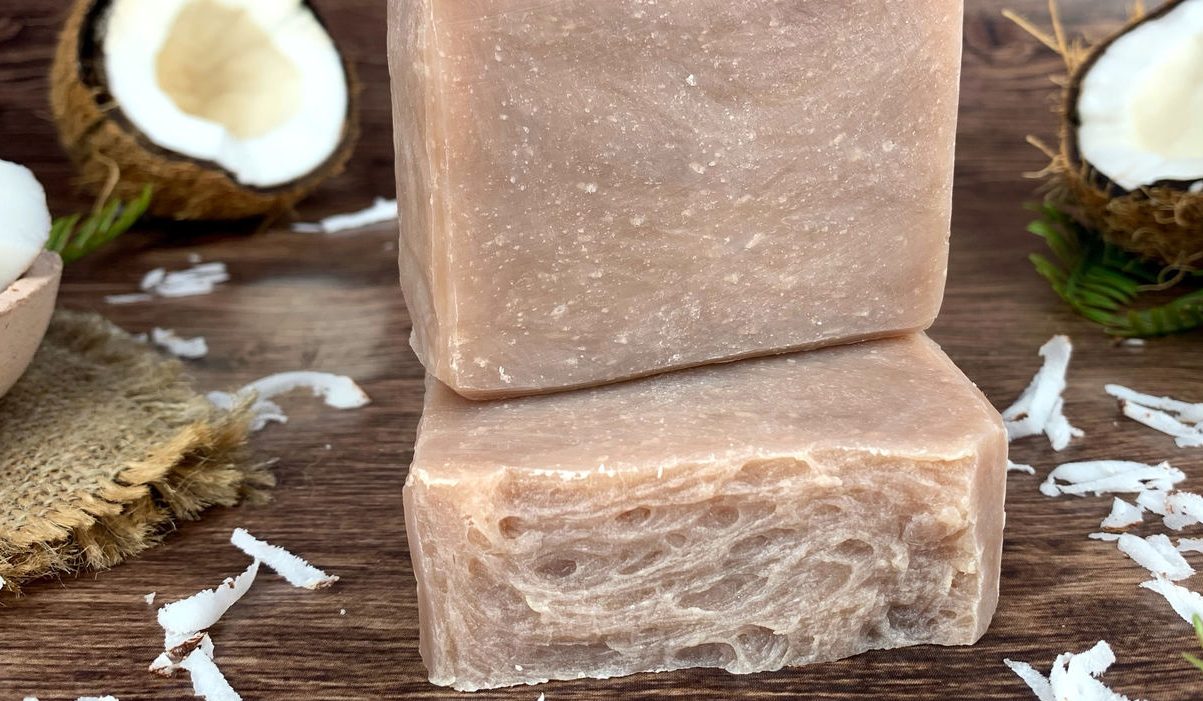
skin care cream soap
A regular skin care program can help you maintain overall skin health with cream soap and reduce specific problems like acne, scars, and dark spots, regardless of your skin type. A daily skin care regimen consists of four basic routines that you can do once in the morning and once before going to bed.
Cleansing: Choose a cleanser that does not dry out your skin after washing. If you have dry skin and don’t wear makeup, cleanse your face more than twice a day. Washing is bad for that squeaky clean feeling because it strips your skin of its natural oils. Cetaphil and Banila Clean It Zero Sherbet Cleanser are two cleansers that work effectively for all skin types.
Serums: In the morning, under sunscreen, use a serum containing vitamin C, growth factors or peptides. Prescription retinol or retinoids work best at night. Makeup Artist’s Choice offers a vitamin C and E serum as well as effective retinol.
Moisturizer: Even oily skin needs moisturizer. However, choose one that’s light, gel-based, and non-comedogenic or won’t clog your pores, like CeraVe Face Lotion.
More cream-based moisturizers, such as MISSHA Super Aqua Cell Renew Snail Cream, may improve dry skin.
On their packaging, most brands identify their products as gels or creams.
Sunscreen: Apply sunscreen with at least SPF 30 15 minutes before going outside, as sunscreen takes time to activate.
Darker skin tones need more sun protection because hyperpigmentation is more difficult to treat.
The Skin Cancer Foundation recommends EltaMD Sunscreen, which provides broad-spectrum UVA/UVB protection.
Choose products that suit your skin type and sensitivity and always read the label. Some products, such as retinol or prescription retinoids, should be used exclusively at night.
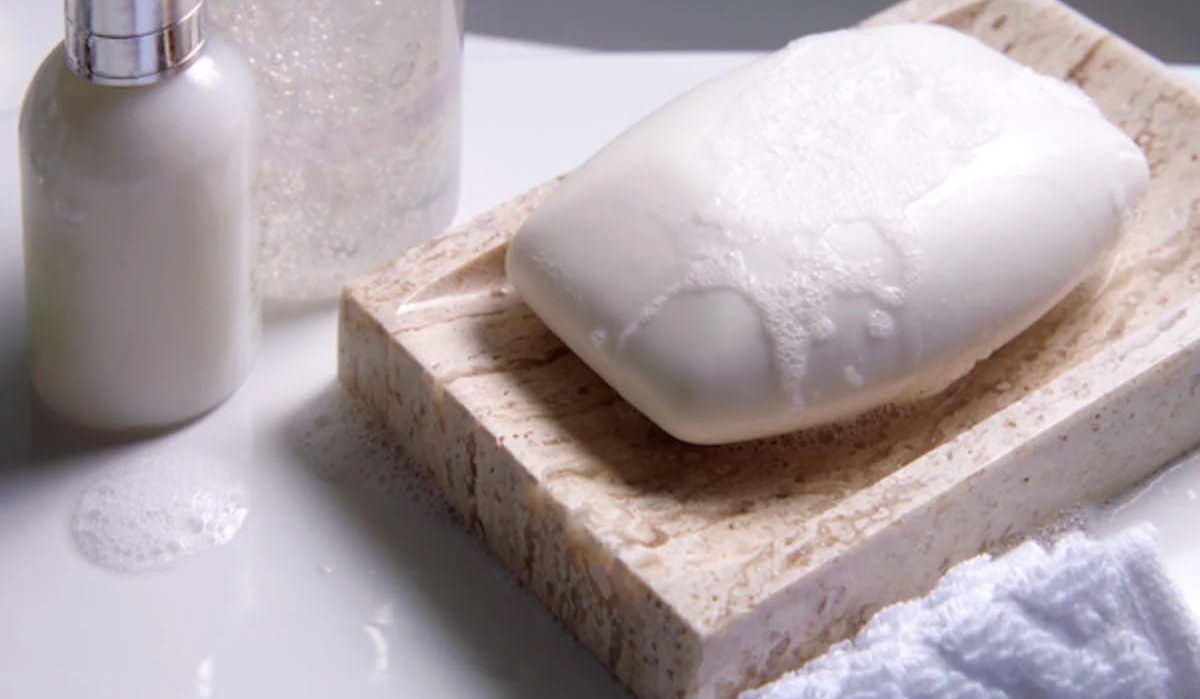
hand wash soap for skin
For common skin problems like acne breakouts and dark spots, some people have reported miraculous results from using homemade solutions like lemon juice and toothpaste or homemade soap.
According to reports, baking soda is even a secret ingredient in award-winning actress Emma Stone’s skincare routine. However, the reality is that these shortcuts can damage your skin’s protective barrier, which can lead to more long-term problems than solutions.
Don’t do any of these hacks on your own.
Lemon juice: Although it contains citric acid, it is very acidic and has the potential to cause dark spots on the skin after exposure to the sun. Additionally, it has the potential to irritate and dry out your skin.
Garlic: Raw garlic has been linked to a number of skin conditions, including eczema, dermatitis, and watery blisters.
Toothpaste: Although the ingredients in toothpaste have the ability to kill germs and absorb oil, they also have the potential to dry out and irritate your skin.
Sugar: When used as an exfoliator, sugar is too abrasive for the delicate skin on the face.
Vitamin E: Topical application of vitamin E has been shown to reduce skin irritation, but has not been shown to improve the appearance of scars.
It is better to use products formulated for your face. Talk to your doctor or dermatologist before using DIY applications on your skin.
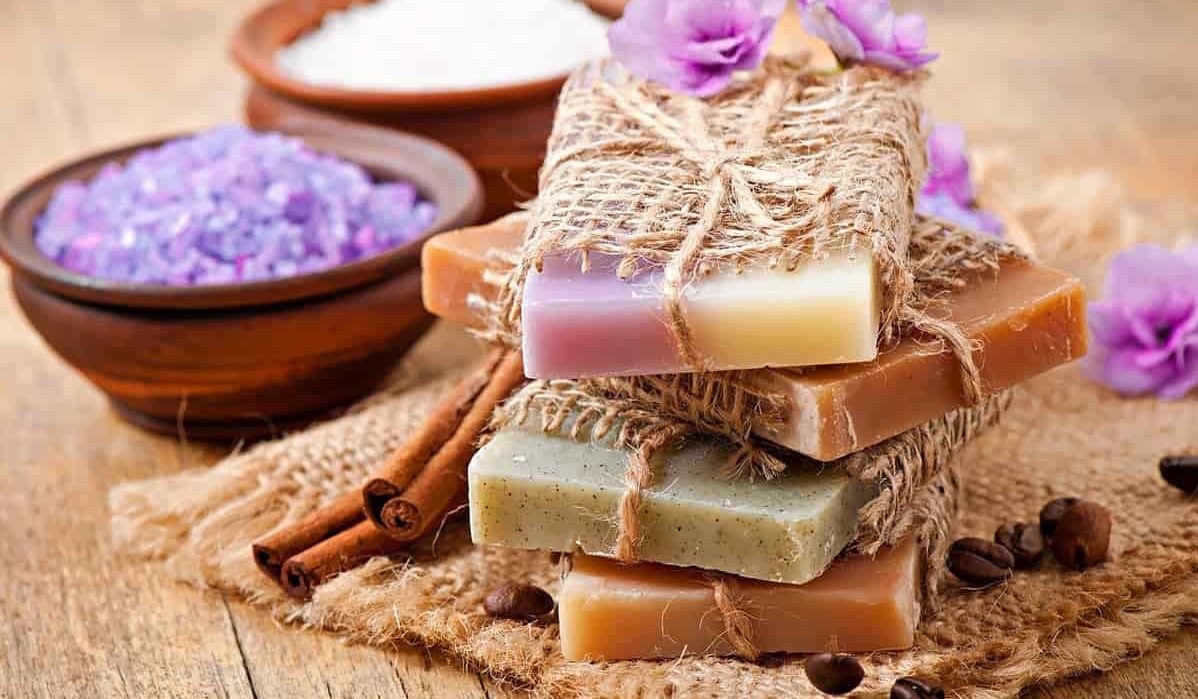
Hand washing soap for skin
Before choosing a soap, it doesn’t matter whether it’s foam or cream or clean, it’s better to know your skin type, because if we don’t do it, the wrong choice can get us into trouble.
A physical exam may be able to tell you what type of skin you have. The amount of sebum produced can be assessed using a simple test at home.
A substance called sebum, which is waxy and oily, is secreted by your body from the pores on the skin. The amount of sebum your skin produces is one factor that may be considered in evaluating whether your skin is:
A combination of dry and oily climates, with normal temperature and pressure.
Sebum production on a person’s face after careful cleaning is the most accurate predictor of the type of skin a person has. Proceed as described here:
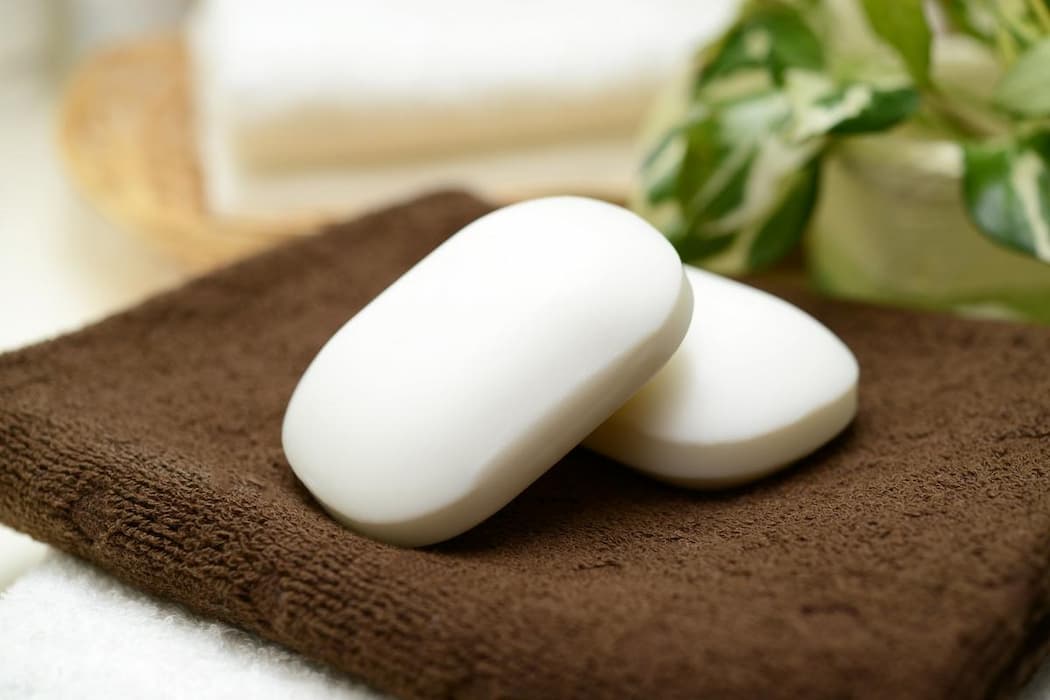
Place some oil-absorbing tissue or paper on your face and gently apply pressure to the affected area. Using the paper, you should apply pressure to different parts of your skin such as forehead, nose, cheeks and chin. This should be done for a few minutes.
Simply holding the paper up to the light will tell you how much of it is visible through the sheet of paper.
You can also have sensitive skin that does not produce sebum because it does not meet the requirements for sebum production. This type of skin can occur in addition to the types of skin mentioned above. Sensitive skin relies on:
How quickly your skin reacts to using a product after using it.
How well your skin can defend itself, how easily your skin may redden and whether you have skin allergies or not.
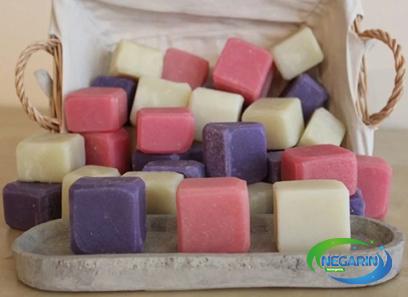
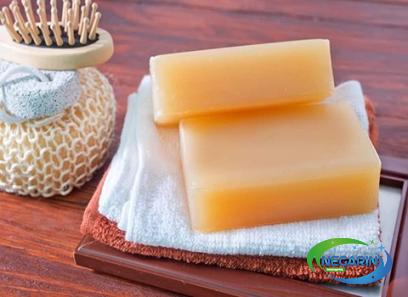
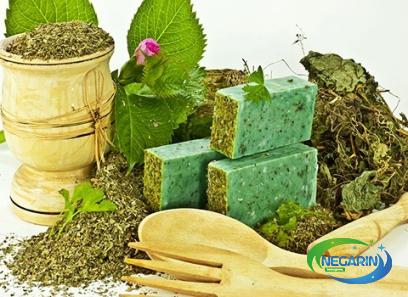
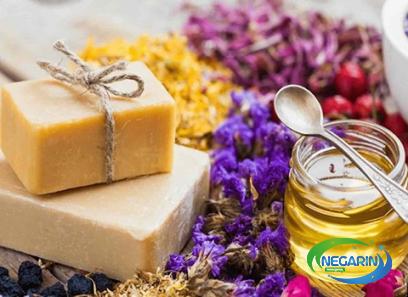
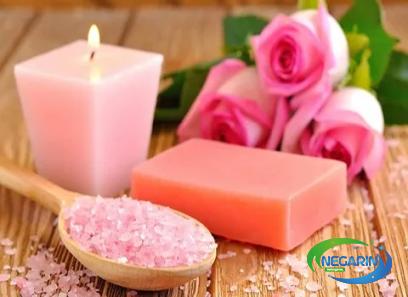
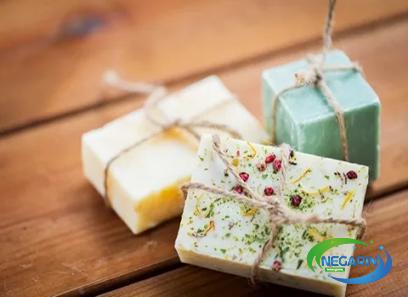
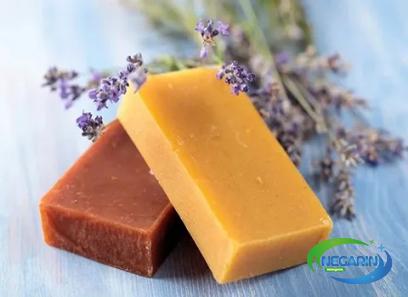
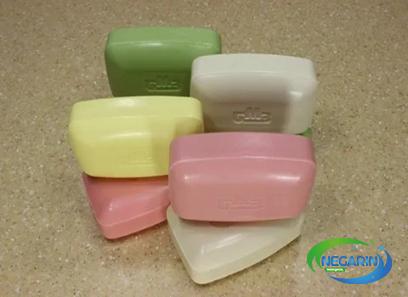
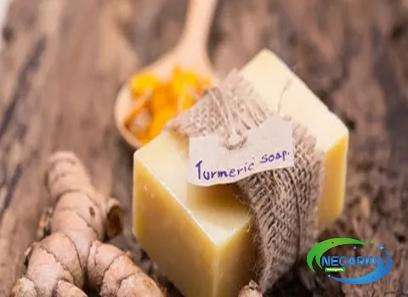
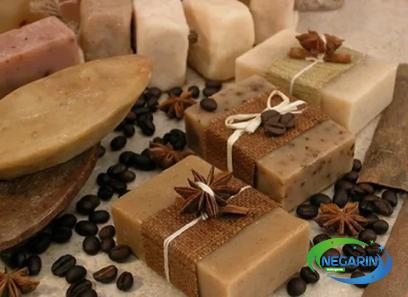
Your comment submitted.